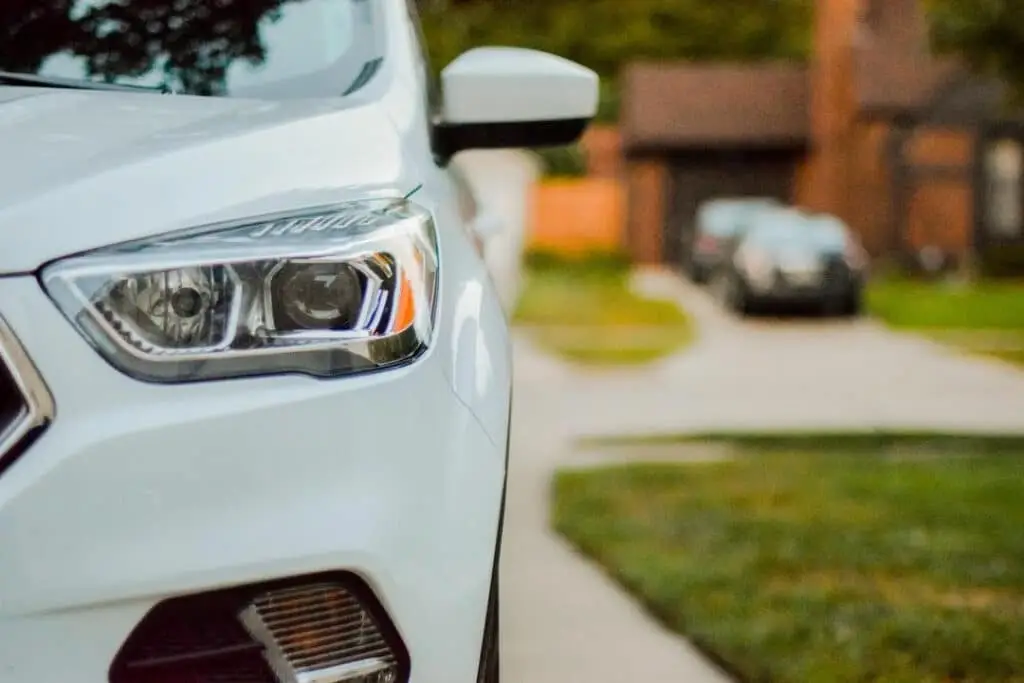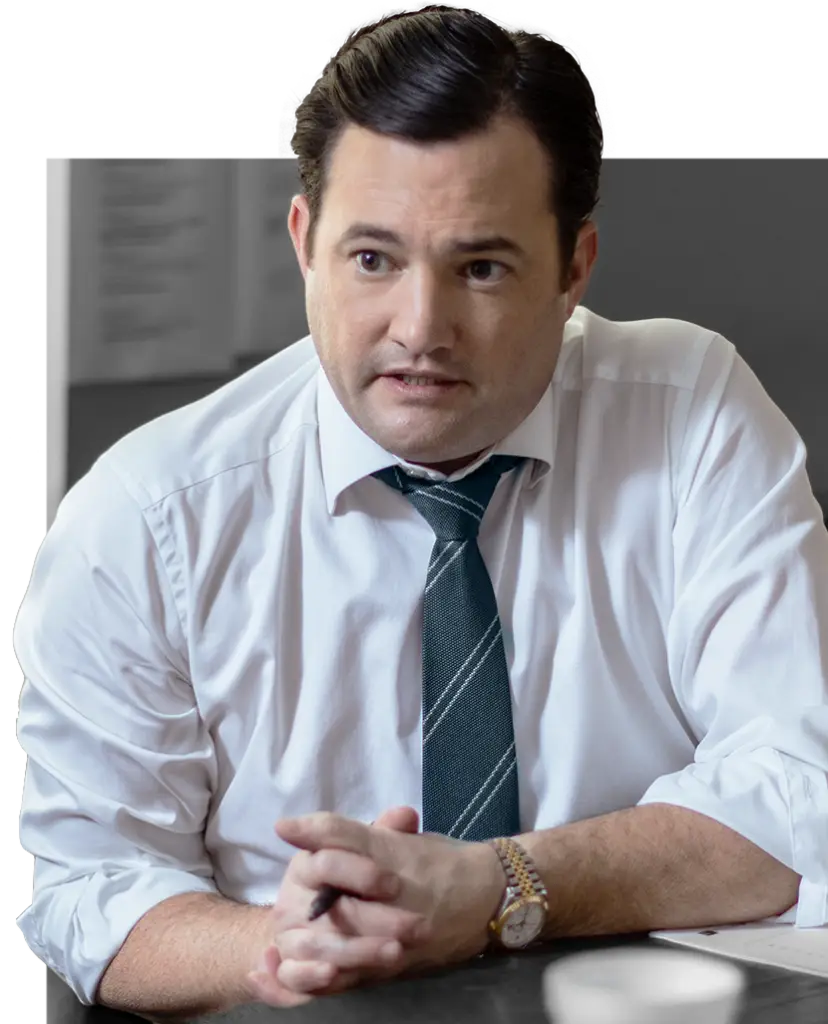Getting in a car accident is already stressful, but Liberty Mutual often makes it even worse. The company is known to deny benefits even when it knows it should pay for damages in an accident. Insurance companies can care more about their bottom line than honoring their contractual promises. Many outraged Liberty Mutual customers have shared stories about their benefits being denied.
At Morris & Dewett Injury Lawyers, we have decades of experience helping accident victims. We know how to help you seek compensation and understand how insurance companies like Liberty Mutual manage their policies. We will answer some of the frequently asked questions from clients about auto accident claim denials from Liberty Mutual. Morris & Dewett does not take property damage only cases and does not take insurance bad faith cases unless real injuries are involved. We provide this information for educational purposes as we frequently field questions from clients, former clients, friends, and family on this topic.
Frequently Asked Questions
If you have questions, we have answers. Our dedicated Louisiana and Texas personal injury lawyers are ready to consult on your case. To help you get started, here are some questions and answers that might help you understand your rights.
1. What Is an Insurance Claim Denial?
If you or the other driver in a car accident uses Liberty Mutual car insurance, the company may be responsible for paying out money for a resulting claim. Whether the accident is covered will depend on the insurance policy, applicable coverage limits, and many other factors. However, Liberty Mutual may deny the claim even if it knows that it should be approved.
An insurance claim denial occurs when the insurer refuses to pay for your damages. This may happen whether it is your insurance company or it represents the driver who caused the accident. Any denial could impact your rights, your health, and your finances. Our accident attorneys know how to fight back against insurance claim denials and pursue the compensation you deserve.
2. How Does Liberty Mutual Try To Deny Claims?
Liberty Mutual uses several tactics to deny claims or reduce the amount it pays out in a claim, including:
- Delaying the investigation into the accident in the hopes that doing so will reduce the payout
- Defending its driver by claiming you were responsible for the accident, wholly or in part
- Making an unfairly low settlement offer in the hope that you will accept it without thinking about it
- Delaying payment to wear you down or induce you to accept a lower settlement amount
- Alleging that you failed to make payments or are not covered because of some act you did or did not do
- Arguing that the accident does not fall under the insurance policy, despite obvious coverage
Liberty Mutual sometimes denies claims in the hope that individual victims won’t fight back, taking advantage of your stress and harm after a catastrophic accident. Our attorneys know all of these tactics and how to combat them. If you are suffering injuries then it is in your best interest to schedule a consultation to speak with an attorney. At minimum, an attorney can provide guidance as to your best course of action.
3. What If the Other Driver Doesn’t Have Car Insurance?
All too often, the other driver does not have car insurance, and you are stuck dealing with your own insurance company. This is when underinsured/uninsured motorist (UM/UIM) coverage from Liberty Mutual might kick in. This coverage you pay for helps compensate you when the other driver’s insurance coverage is insufficient to cover all of your damages.
Liberty Mutual and many insurance companies offer UM/UIM coverage but then fight hard to avoid paying out when they should. This is a common cost-saving tactic the insurance company uses to try to take advantage of you. There are steps you and your attorney can take to fight back against this tactic.
4. Can I Sue Liberty Mutual for Denying My Auto Accident Claim?
You can sue Liberty Mutual when it unfairly denies your car accident insurance claim. Insurance companies know they can take advantage of many people, but they also know they risk a lawsuit by doing so. The company often takes a chance that you will agree to a low settlement or not fight back. With the help of an auto insurance attorney, you can hold Liberty Mutual responsible for its actions and seek the compensation you deserve.
5. How To Respond to a Liberty Mutual Insurance Claim Denial
If a driver covered by Liberty Mutual hurt you, or you have a Liberty Mutual policy that was denied, we can help you take the steps to get the coverage you need. These steps can help you be ready to fight back:
- Provide necessary information: Provide Liberty Mutual with the information it requests to process your claim. The company may want to know your insurance coverage, name, and contact information. Be forthcoming with these types of details to help move the process along.
- Do not admit fault: Never admit fault of any kind for the accident. Insurance adjusters are trained to trick you into admitting you were at fault for the accident or taking at least some of the blame. They do this to reduce or eliminate their need to pay out for your claim.
- Keep detailed records: Keep notes and records of any communications with Liberty Mutual. Keep a copy of all emails, letters, or other correspondence. If you speak with the company on the phone, write detailed notes, including the date, time, and what was discussed.
- Collect evidence: If possible, take photographs and videos of the accident. Keep detailed medical records and any damage to your physical property, such as your car. This may be essential evidence in your auto accident claim.
6. Should I Speak With an Attorney After Liberty Mutual Denies My Claim?
Each jurisdiction is different and the laws in Louisiana and Texas can vary. You should immediately contact a personal injury attorney if Liberty Mutual denies your claim and you have sustained injuries in an accident. If it is a property damage-only claim attorneys in Louisiana may be limited in what assistance they can offer. The Bar Associations in each state can also recommend legal remedies or assist with the best path forward.









